The Disclosure of Politics
NEW DIRECTIONS IN CRITICAL THEORY
NEW DIRECTIONS IN CRITICAL THEORY
Amy Allen, General Editor
New Directions in Critical Theory presents outstanding classic and contemporary texts in the tradition of critical social theory, broadly construed. The series aims to renew and advance the program of critical social theory, with a particular focus on theorizing contemporary struggles around gender, race, sexuality, class, and globalization and their complex interconnections.
Narrating Evil: A Postmetaphysical Theory of Reflective Judgment, Mara Pa Lara
The Politics of Our Selves: Power, Autonomy, and Gender in Contemporary Critical Theory, Amy Allen
Democracy and the Political Unconscious, Nolle McAfee
The Force of the Example: Explorations in the Paradigm of Judgment, Alessandro Ferrara
Horrorism: Naming Contemporary Violence, Adriana Cavarero
Scales of Justice: Reimagining Political Space in a Globalizing World, Nancy Fraser
Pathologies of Reason: On the Legacy of Critical Theory, Axel Honneth
States Without Nations: Citizenship for Mortals, Jacqueline Stevens
The Racial Discourses of Life Philosophy: Ngritude, Vitalism, and Modernity, Donna V. Jones
Democracy in What State? Giorgio Agamben, Alain Badiou, Daniel Bensad, Wendy Brown, Jean-Luc Nancy, Jacques Rancire, Kristin Ross, Slavoj iek
Politics of Culture and the Spirit of Critique: Dialogues, edited by Gabriel Rockhill and Alfredo Gomez-Muller
The Right to Justification: Elements of Constructivist Theory of Justice, Rainer Forst
The Scandal of Reason: A Critical Theory of Political Judgment, Albena Azmanova
The Wrath of Capital: Neoliberalism and Climate Change Politics, Adrian Parr
Social Acceleration: The Transformation of Time in Modernity, Hartmut Rosa
The Disclosure of Politics
Struggles Over the Semantics of Secularization
Mara Pa Lara
COLUMBIA UNIVERSITY PRESS

NEW YORK
Columbia University Press
Publishers Since 1893
New York Chichester, West Sussex
cup.columbia.edu
Copyright 2013 Columbia University Press
All rights reserved
E-ISBN 978-0-231-53504-5
Library of Congress Cataloging-in-Publication Data
Lara, Maria Pia.
The disclosure of politics: struggles over the semantics of secularization / Maria Pia Lara.
pages cm.(New directions in critical theory)
Includes bibliographical references and index.
ISBN 978-0-231-16280-7 (cloth: alk. paper) ISBN 978-0-231-53504-5 (e-book)
1. Religion and politics. 2. Secularization. 3. Political sciencePhilosophy.
I. Title.
BL65.P7L34 2013
322.1dc23
2012050236
Cover design: Milenda Nan Ok Lee
Cover photo: photo by Grant Faint Getty Images
A Columbia University Press E-book.
CUP would be pleased to hear about your reading experience with this e-book at .
References to websites (URLs) were accurate at the time of writing. Neither the author nor Columbia University Press is responsible for URLs that may have expired or changed since the manuscript was prepared.
TO NORA RABOTNIKOF
for sharing with me The Secret of Her Eyes
All concepts in which an entire process is semiotically concentrated elude definition; only that which has no history is definable.
Friedrich Nietzsche, On the Genealogy of Morals
(trans. Walter Kaufmann and R. J. Hollingdale)
For Benjamin, the past is not there to be discovered, nor is it here to be invented. It requires instead a willingness to intervene destructively as well as constructively, to shatter received wisdom as well as reconfigure the debris in new and arresting ways
Martin Jay, Force Fields
Contents
T his book is the result of several courses that I taught first in New York: a postgraduate course called, like the book, The Disclosure of Politics, then two more in Mexico on the same issues at my university (Universidad Autnoma Metropolitana-Iztapalapa). I wish to thank those students from the New School whose works and commentaries enriched my course and allowed me to gain some clarity in my project of writing this book. Their names are Shelby Canterbury, Nahed Habiballah, Diana S. Mattison (her help and commentaries were very good and useful), Dean R. OHara, Timoth J. Palmer, Grant T. Shafe; to those who were not registered but whose contribution was equally important for me: Celina Bragagnolo, Mark Kelly, and Will (whose last name I do not know).
I also received good feedback from my students in the two courses I taught at my university. I wish to thank Francisco Yedra, Diego Arroyo, Ernesto Cabrera, Arizbet Lira, Octavio Martinez, Erik Soria, Luis Flores, Iyazu Coso, Andrea Escobar and Liliana Arcos. I also need to thank, most especially, for carefully reading several versions of the manuscript: Martin Saar and Chiara Bottici, whose good insights, sharp criticisms, and helpful suggestions were invaluable in the completion of the final manuscript.
By the same token, I received wonderful commentaries and suggestions at the Prague Conference of Philosophy and Social Sciences where I presented several chapters in the last few years. My special thanks to Maeve Cooke, who gave me very good suggestions and proposed revisions of the first chapter. I also wish to thank, most especially, Bill Scheuerman, Claus Offe, Gary Minda, and Amy Allen. Again, special thanks to Alessandro Ferrara who invited me to give a lecture on the first chapter of this book at his seminar in his university in Rome, where I benefited from many good questions and commentaries as well as sharp critical insights. My gratitude to Massimo Rossatti and the other participants in that seminar.
I am also very grateful to Eduardo Mendieta and Craig Calhoun for inviting me to participate on a seminar on Habermass work about religion and the public sphere. All those who participated in it gave me good critical insights. I am especially indebted to Jrgen Habermas, Seyla Benhabib, and, again, Maeve Cooke and Cristina Lafont.
I owe a greal deal to Richard J. Bernstein; he offered the invitation to work for the philosophy department during 2009/2010. The work at his university turned out to be fundamental for my project. Dick Bernstein has always been generous to me and his insights about my work were always helpful and stimulating. His friendship has given me so many things that this recognition should extend to the most personal of levels. In the same way, I need to thank Carol Bernstein for her friendship and her intellectual and emotional support over many, many years.
During a trip I made to Spain to participate in a conference on Hannah Arendt and Agnes Heller, I was able to give another lecture on the chapter on Hannah Arendt. For this opportunity, I must thank Angel Prior, Fina Biruls, and Cristina Snchez. Their stimulatingquestions and comments gave me a chance to think more deeply through many of the issues in this book.
I also enjoyed very good conversations on the subject of my book with many colleagues and close friends: Nancy Fraser, Eli Zaretsky, Amy Allen (again), Nora Rabotnikof, Remo Bodei, Vanna-Gessa Kurotkschka (who unfortunately died, but her memory remains in my heart), Corina Yturbe, and Elas Palti. In Mexico I owe special thanks to Sergio Prez, Gustavo Leyva, Jorge Rendn, Jess Rodrguez, and Tere Santiago because they were the first ones to listen and attended the first lecture I gave on my book.

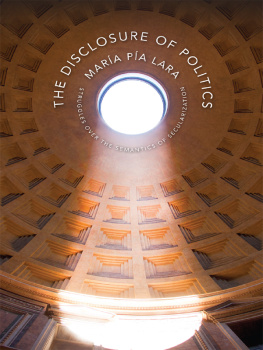

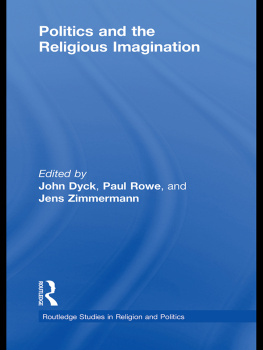
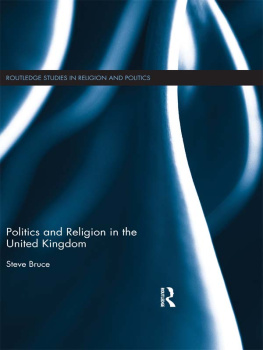
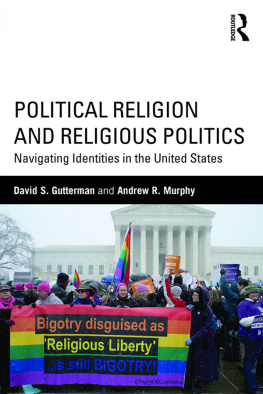
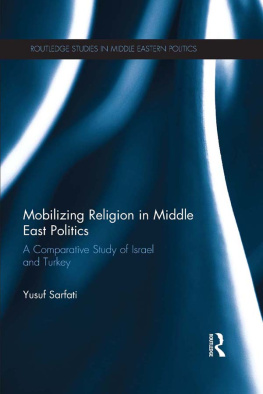
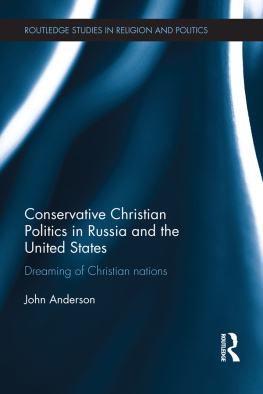



 NEW YORK
NEW YORK